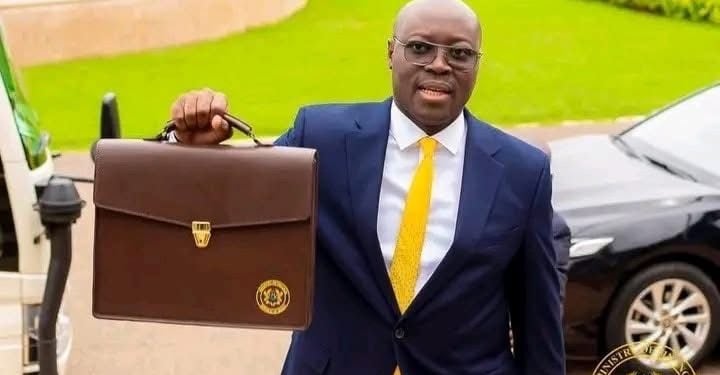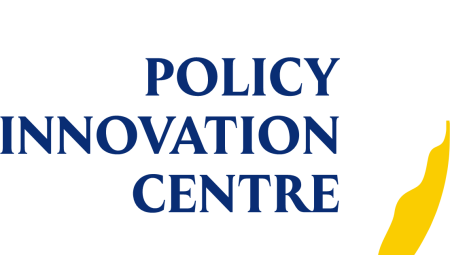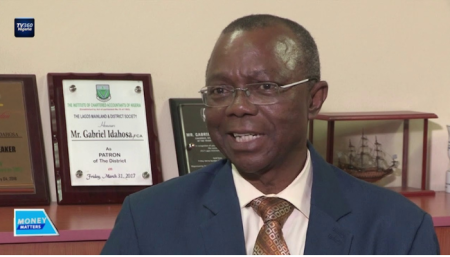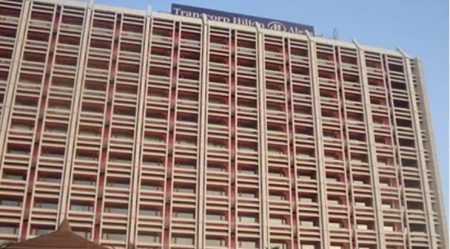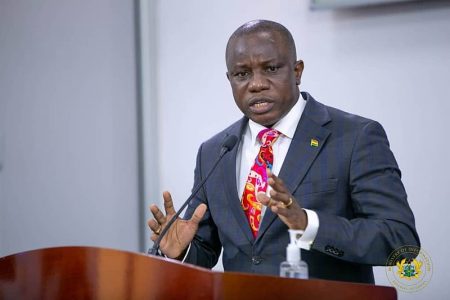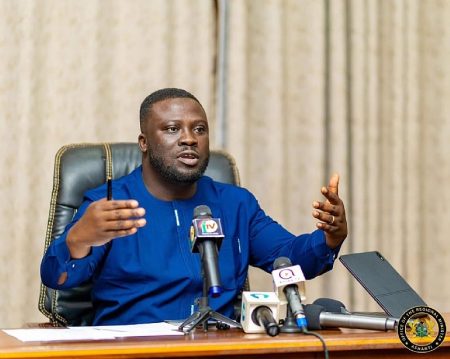Ghana’s Finance Minister, Dr. Cassiel Ato Forson, delivered the 2025 Mid-Year Budget Review to Parliament on July 24th, emphasizing the government’s commitment to fiscal discipline and economic recovery. A key takeaway from the presentation was the announcement that the government would not seek supplementary funding, demonstrating confidence in its current fiscal trajectory. Dr. Forson reiterated the administration’s adherence to the existing macroeconomic targets established for 2025, including overall GDP growth of at least 4.0%, non-oil GDP growth of at least 4.8%, an end-year inflation target of 11.9%, a primary balance surplus of 1.5% of GDP, and gross international reserves equivalent to at least three months of import cover. This commitment to the initial budgetary allocations signifies the government’s belief in its ability to manage the economy within the existing framework and achieve its stated objectives without requiring additional resources.
The decision not to request supplementary funds underscores the government’s focus on fiscal prudence and responsible spending. Dr. Forson attributed this stance to the positive economic developments observed during the first half of 2025. He argued that these improvements validate the government’s current economic strategy and provide no justification for altering the approved budget or revising the core fiscal assumptions. While acknowledging the remaining challenges, Dr. Forson expressed cautious optimism about the economy’s trajectory, highlighting the progress made thus far. This cautious approach reflects an awareness of the complexities and potential vulnerabilities within the economic landscape, even amidst demonstrable improvements.
The Mid-Year Budget Review served as a platform for the government to reaffirm its commitment to the ongoing economic recovery program. Dr. Forson emphasized that the government’s economic policies are yielding positive results, contributing to increased investor confidence, currency stabilization, and a steady decline in inflation. These positive trends, he argued, reinforce the government’s position that additional spending is not necessary at this time. The administration’s commitment to fiscal discipline is presented as a key factor driving this positive economic momentum.
Despite the positive outlook, the government is adjusting its revenue and expenditure projections to incorporate the anticipated financial impact of the recently enacted Energy Sector Levies Amendment Act, 2025 (Act 1141). This adjustment indicates the government’s commitment to incorporating new legislative changes into its financial planning, ensuring accurate and up-to-date projections. While maintaining the overarching macroeconomic targets, these revisions demonstrate a willingness to adapt to changing circumstances and incorporate new revenue streams responsibly.
The Mid-Year Budget Review takes place against a backdrop of mounting pressure on the government to prioritize efficiency and maintain macroeconomic stability. Seven months into its term, the Mahama administration is facing scrutiny regarding its fiscal management. Stakeholders across the political and economic spectrum are closely monitoring the government’s performance and its ability to deliver on its promises. Maintaining fiscal discipline, controlling spending, and sustaining economic gains are key areas of focus for observers, who are keen to assess the long-term sustainability of the government’s economic strategy.
The decision to forgo supplementary funding signals a strong message of confidence in the ongoing economic recovery. By adhering to the initial budget and resisting calls for increased spending, the government is emphasizing its commitment to fiscal responsibility and its belief in the effectiveness of its current economic policies. The success of this strategy will be closely scrutinized in the coming months, with stakeholders watching to see if the government can maintain this fiscal discipline and achieve its ambitious macroeconomic targets for 2025. The government’s ability to navigate the remaining challenges and deliver sustained economic growth will be crucial for maintaining public confidence and ensuring the long-term prosperity of Ghana.





